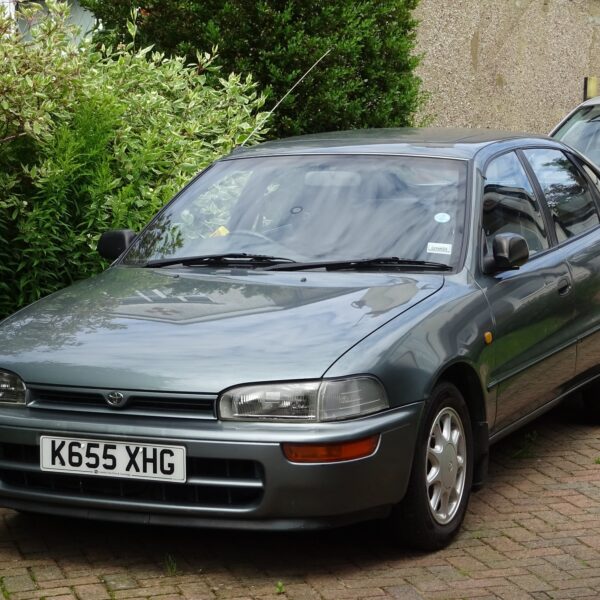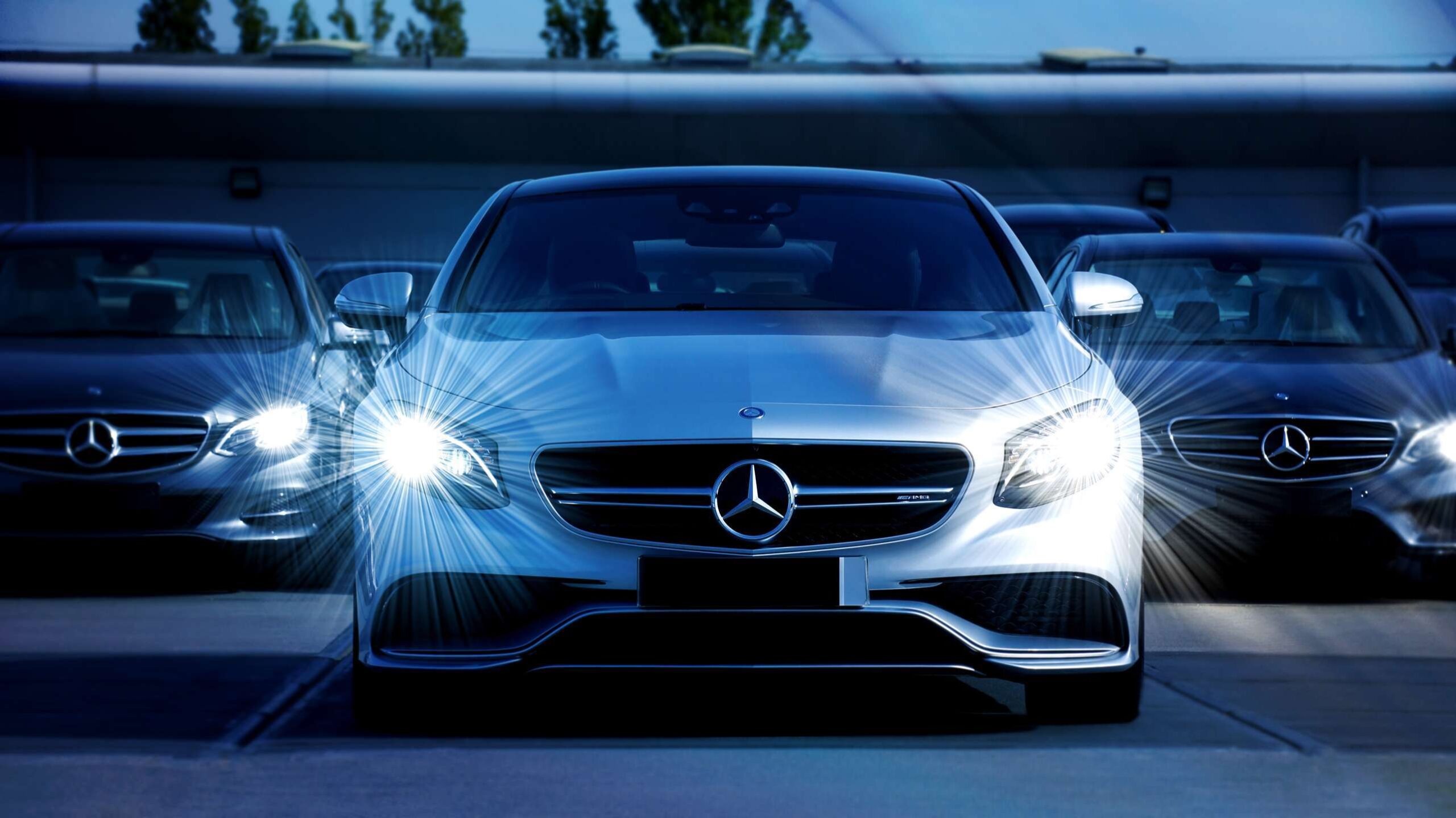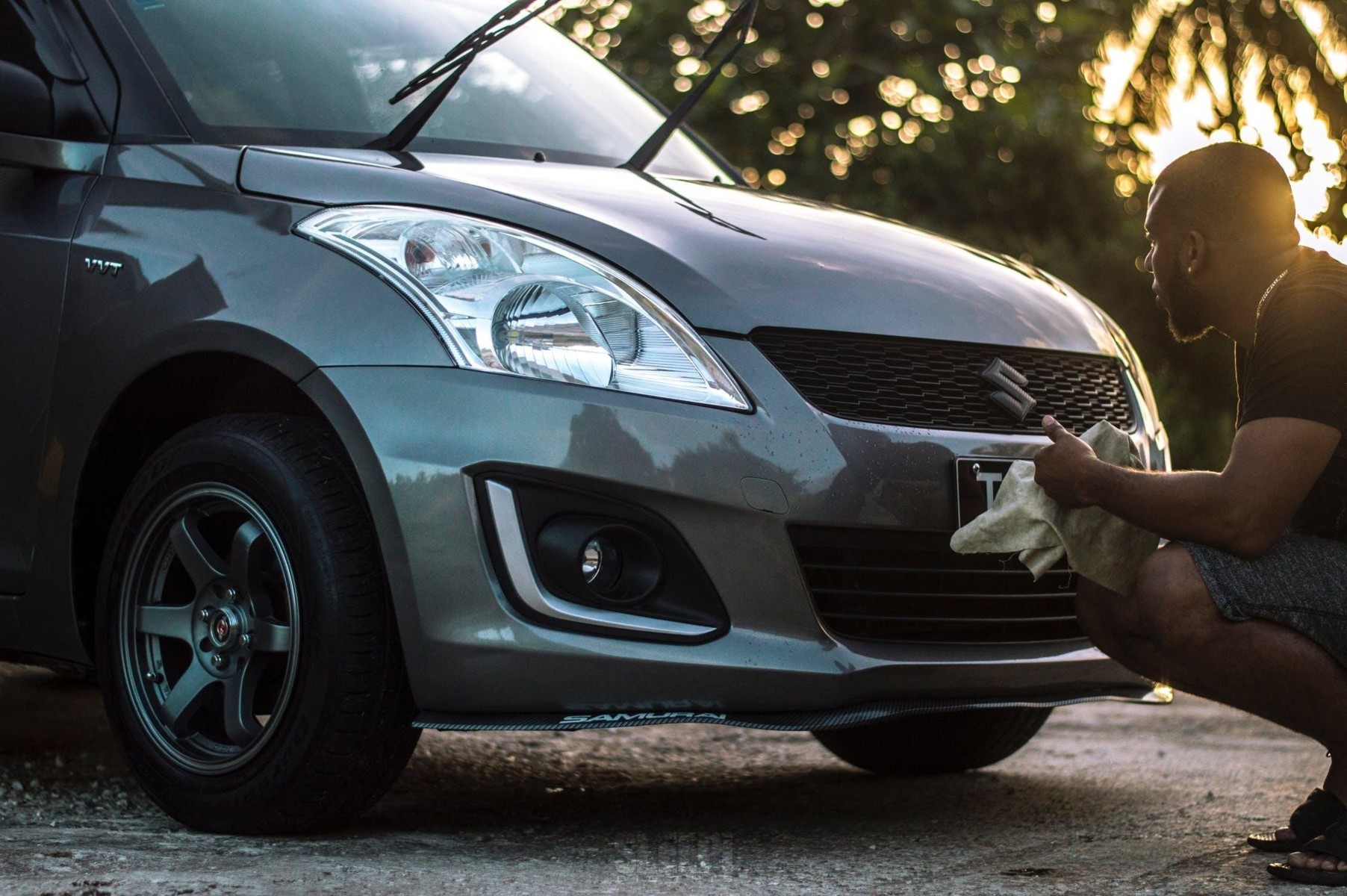5 Interesting Features of Toyota’s Hydrogen Combustion Engine
Electrifying the car has been the hottest topic in automobiles for the last five years. Nearly every major company has abandoned the traditional combustion engine for the shiny new allure of the electric motor. As customers become more interested in investing in this technology, it is becoming better and more refined. Which means, people are getting more bang for their buck.
With the urgent need to find a sustainable fuel source to replace fossil fuels, various avenues are being explored. In this race, automotive giants like Toyota and Yamaha are now turning their attention to hydrogen technology for their vehicles.
Toyota has been focusing on developing a hydrogen combustion engine, and it is now in the prototype stage of testing it. They are determined to show the world that hydrogen can be a trusted fuel source. If they prove this theory, it will be an abundant fuel source that occurs naturally in the environment and is environmentally and carbon emission-friendly. Here is what we know about the features of Toyota’s new hydrogen combustion engine.
Built with Racing in Mind
This new Toyota hydrogen engine has been built with racing in mind. One of the many concerns people have with hydrogen technology is that it does not produce the same level of performance as the original electric motors. Several vehicles, such as the Rimac sportscars or Tesla Roadster, prove that changing from a combustion engine to an electric one will not reduce the car’s performance. To ensure this quality remains in its hydrogen engine, Toyota has a team of dedicated experts poised to have all Toyota racing teams use ecological fuels. This ensures that the people with the most engine knowledge are in the driving seat.
There is a Prototype
Toyota ensures that a vehicle with a hydrogen-based engine is not just an idea but a reality. They have already tested this vehicle on the road in multiple countries in multiple weather conditions. They were seen testing in both the Hokkaido region in Japan during the winter and in Australia during the summer. By doing extensive testing, they gain an understanding of the engine and whether it will work as well as combustion and electric engines. This late-stage testing shows that an exciting release from Toyota is imminent.
The Engine Specifications
The engine itself is a 1.6-liter, three-cylinder turbo hydrogen engine. While that might be a letdown to automotive enthusiasts who may have expected a V-8 5-liter engine with groundbreaking credentials, this is a modest powerhouse that still has speed and power. It has been tested on the GR Corolla H2 racecourse and during endurance racing to ensure its performance and stability. It provides the thrills you want on twisty roads and the efficiency you need on your daily commute.
The V-8 Hydrogen Combustion Engine is Coming
If you are disappointed by the lack of intensity within the Toyota’s hydrogen engine, then do not fret. Toyota is already researching the possibility of developing a more powerful V-8 hydrogen-powered engine. And they are collaborating with Yamaha to do it. The engine will be based on the Lexus LFA’s V-10 engine, which is considered to be one of the best engines ever built. It is three times as big as the prototype now and will have a capacity of 5.0 liters. With this size, it can create up to 444 horsepower, which will pack a lot of power. Along with a V-8 engine, they are also researching hydrogen engines for motorcycles.
It Has a Name
So, if it is going to hit a Toyota showroom near you, we need to know its name. The Corolla Cross is the chosen model to showcase this new hydrogen engine. Over the last few years, Toyota has tested this engine in several different vehicles but has finally settled on its newest crossover as SUVs are becoming increasingly popular. Currently, it is available in petrol and electric versions but will soon be offered in hydrogen. By using their most revered model, the Corolla, and pairing it with the uber-popular mini-SUV size, the hydrogen engine has the best chance of success.
Toyota believes that hydrogen-based engines are the best way to ensure that they are a zero-emissions company. However, in order to do that, it will take years to develop several types of hydrogen engines and test them to ensure their safety before releasing them to market. Until then, it will continue to develop electric and hybrid-based vehicles. In 2023, Toyota was the best-selling hybrid manufacturer. And it is likely they will not want to lose that top spot any time soon.
This hydrogen-based engine is the first release of its kind. And hopefully, it will be a success for both Toyota and the environment.














